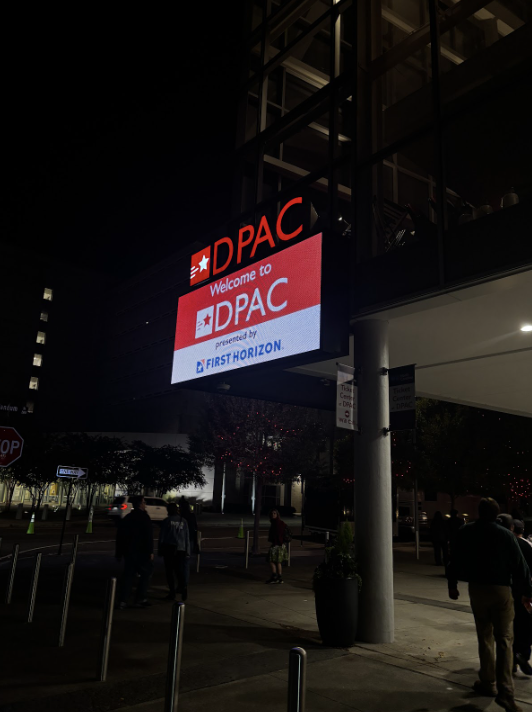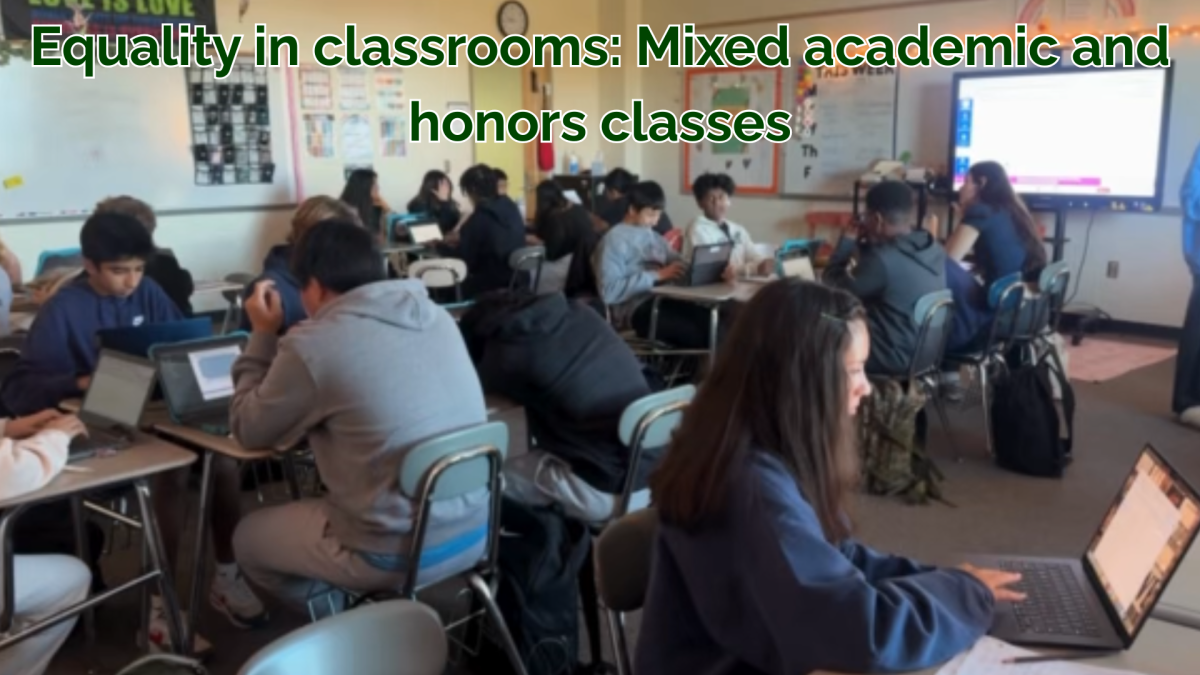Due to extreme weather this past year, a myriad of schools have lost instructional days, causing districts to cancel what would normally be teacher work days. The loss of instructional days spurred a reaction in the state senate to enlist a new bill that will go into effect in the 2026-27 school year.
Senate bill 103 and senate bill 754 both discuss the topic of earlier school start dates. Both bills were introduced in the North Carolina General Assembly, explaining the need for more lenient school calendars to support schools who lost days due to unavoidable factors. Although both bills share similar topics, they are quite different.
Senate bill 103 is titled “Make NC school calendars great again,” and it is sponsored by Terence Everitt, a democratic senator for NC district 18. Bill 103’s purpose is to give leeway to schools stricken by severe weather or any other unavoidable factors that may require a school to close for a time. It will leave opening and closing dates up to local school boards. Comparatively, senate bill 754 offers a more detailed summary for their plans on calendar flexibility.
Senate bill 754, also known as “School calendar flexibility: A new alternative,” goes into detail about the required start and end dates of school years, establishing penalties for school boards that do not comply. Chosen start dates must be between the Monday closest to Aug 26 and 19, while end dates must be between June 11 and no earlier than “the Friday immediately preceding the last Monday in May.” “School calendar flexibility: A new alternative” was passed in the Senate and will go into effect for the 2026-27 school year.
All schools will need to comply with the minimum calendar requirements for instructional days or be faced with consequences. These conditions will not apply to year round schools or modified calendar schools. The superintendent will be in charge of notifying the state board of education whether the local board is in accordance with the specified rules. Local school boards who are not in compliance with the new bill shall have funds withheld from them.
In its voting the bill faced almost unanimous approval and was then passed to the judiciary committee, but democratic senators voiced their concern on the bill. They were worried whether this bill would actually meet the needs addressed by local school districts. Senators Sophia Chitlik (Dem.) and Gladys Robinson (Dem.) argued that earlier start dates would be in benefit of schools that struggle with these issues.
Senator Amy Galey (Rep.), with the support of Senator Bobby Hanig (Rep.), stated that earlier start dates would only inconvenience already overloaded families. These dates were chosen as a compromise between counties who struggle under more extreme weather.
Once the new bill is issued, it will create more instructional days in anticipation of extreme weather or other unavoidable factors.















































































